Tristan and Isolde were lucky to die when they did. They'd have been sick of all that rubbish in a year
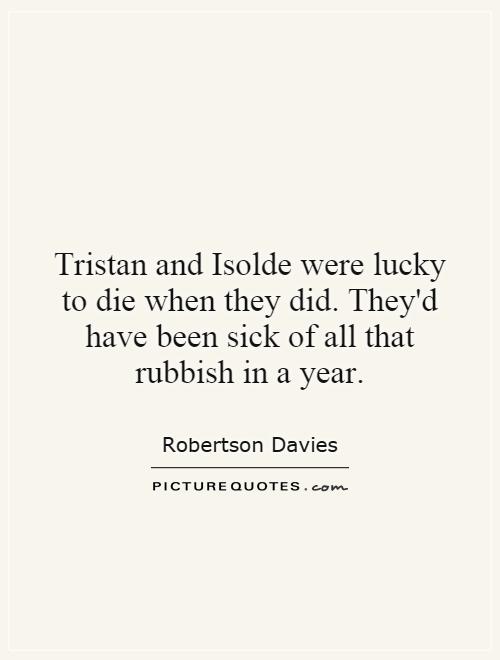
Tristan and Isolde were lucky to die when they did. They'd have been sick of all that rubbish in a year
In the world of Robertson Davies, a renowned Canadian author known for his complex characters and intricate storytelling, the statement "Tristan and Isolde were lucky to die when they did. They'd have been sick of all that rubbish in a year" takes on a deeper meaning. Davies often explores themes of love, fate, and the human condition in his works, and the tragic tale of Tristan and Isolde fits perfectly within his oeuvre.Tristan and Isolde's story is one of forbidden love, betrayal, and ultimately, death. Their love is doomed from the start, as Isolde is betrothed to King Mark, Tristan's uncle. Despite their best efforts to resist their feelings, they cannot deny the passion that burns between them. Their love is all-consuming, intense, and ultimately destructive. In the context of Davies' work, this kind of all-encompassing love can be seen as a metaphor for the dangers of obsession and the consequences of giving in to one's desires without considering the consequences.
The statement suggests that Tristan and Isolde's love, while powerful and intoxicating, would not have been sustainable in the long run. Davies often explores the idea of the fleeting nature of love and the inevitability of its demise. In his novel "Fifth Business," for example, the protagonist Dunstan Ramsay reflects on his own failed relationships and the ways in which love can turn sour over time. He comes to realize that love, like life itself, is transient and fragile, and that holding on too tightly can lead to disappointment and heartache.
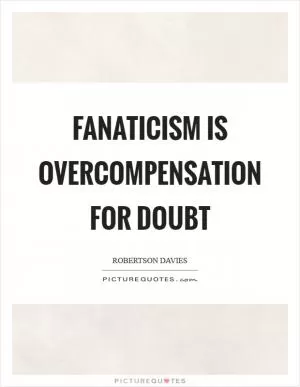




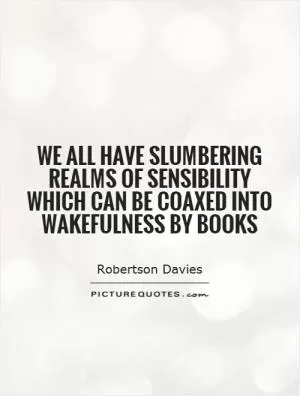
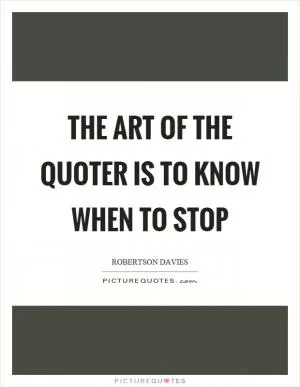
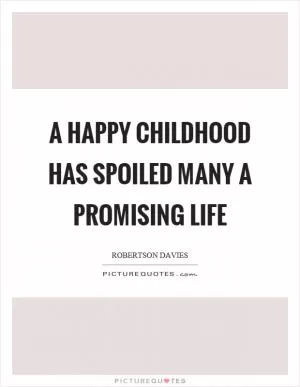


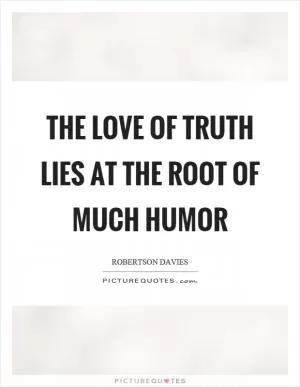
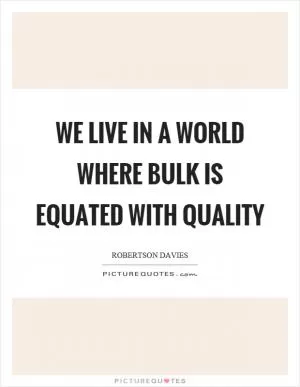
 Friendship Quotes
Friendship Quotes Love Quotes
Love Quotes Life Quotes
Life Quotes Funny Quotes
Funny Quotes Motivational Quotes
Motivational Quotes Inspirational Quotes
Inspirational Quotes